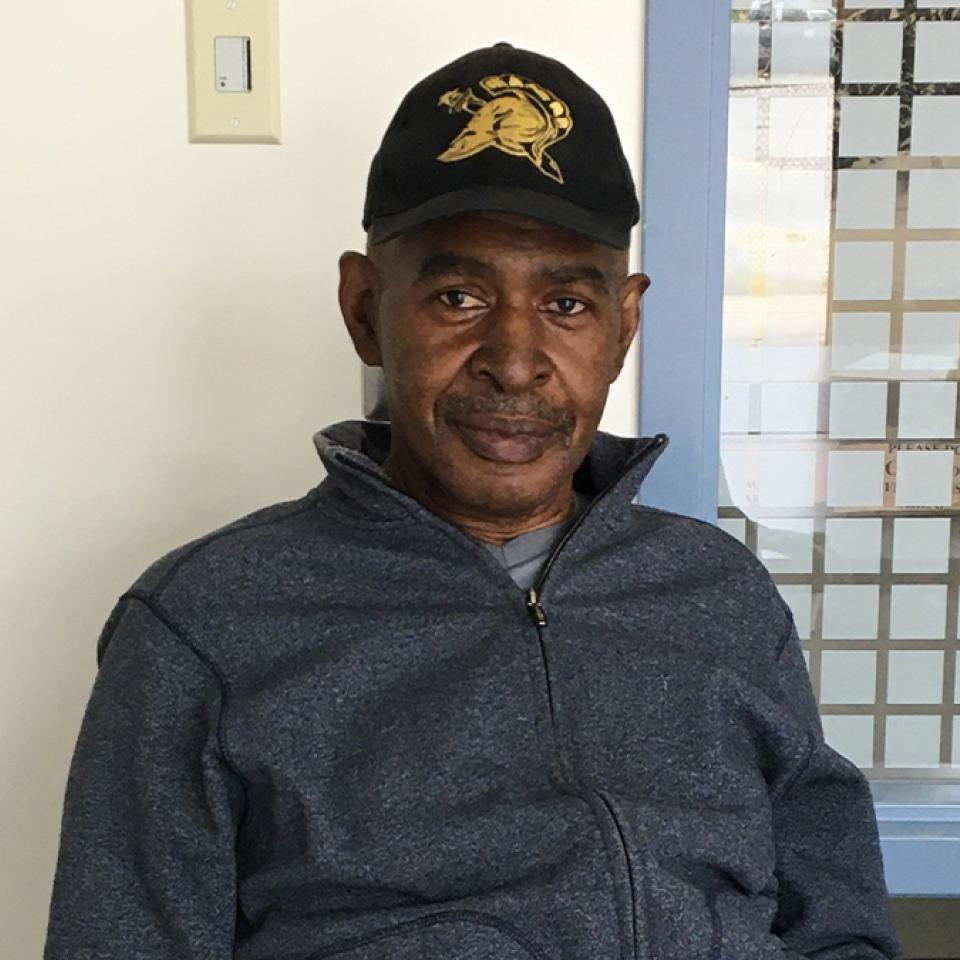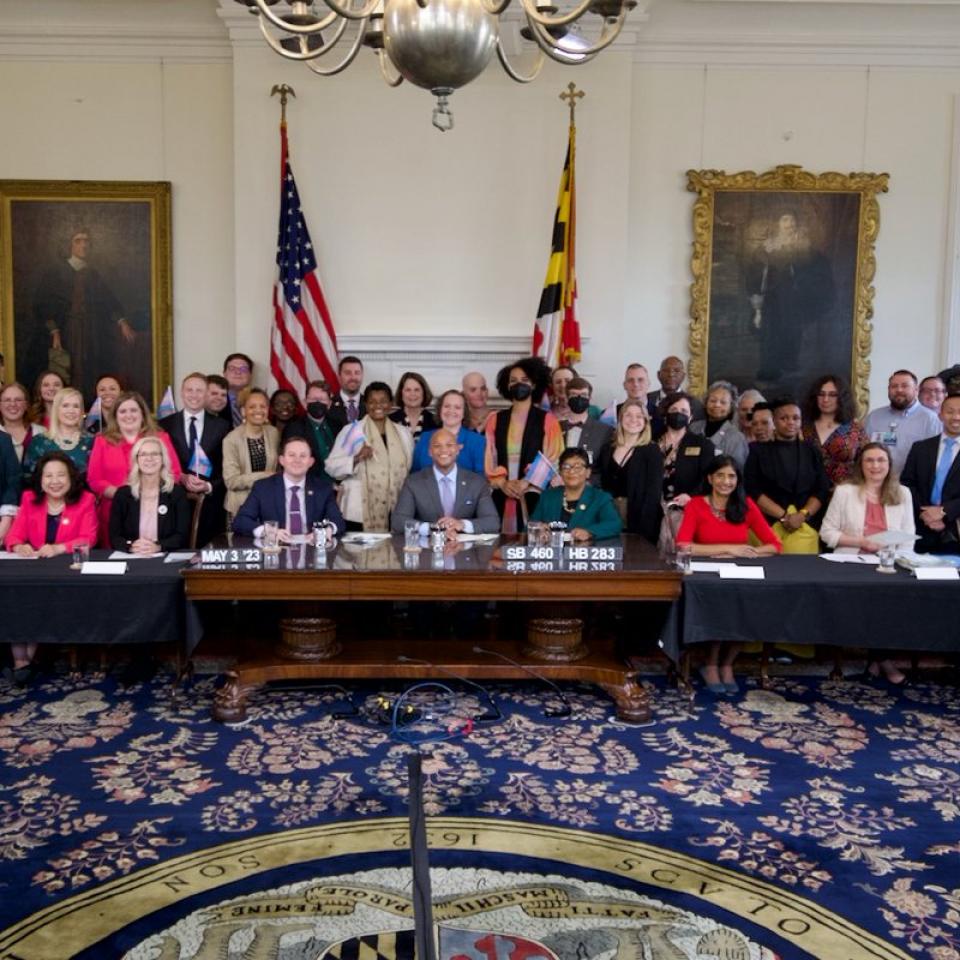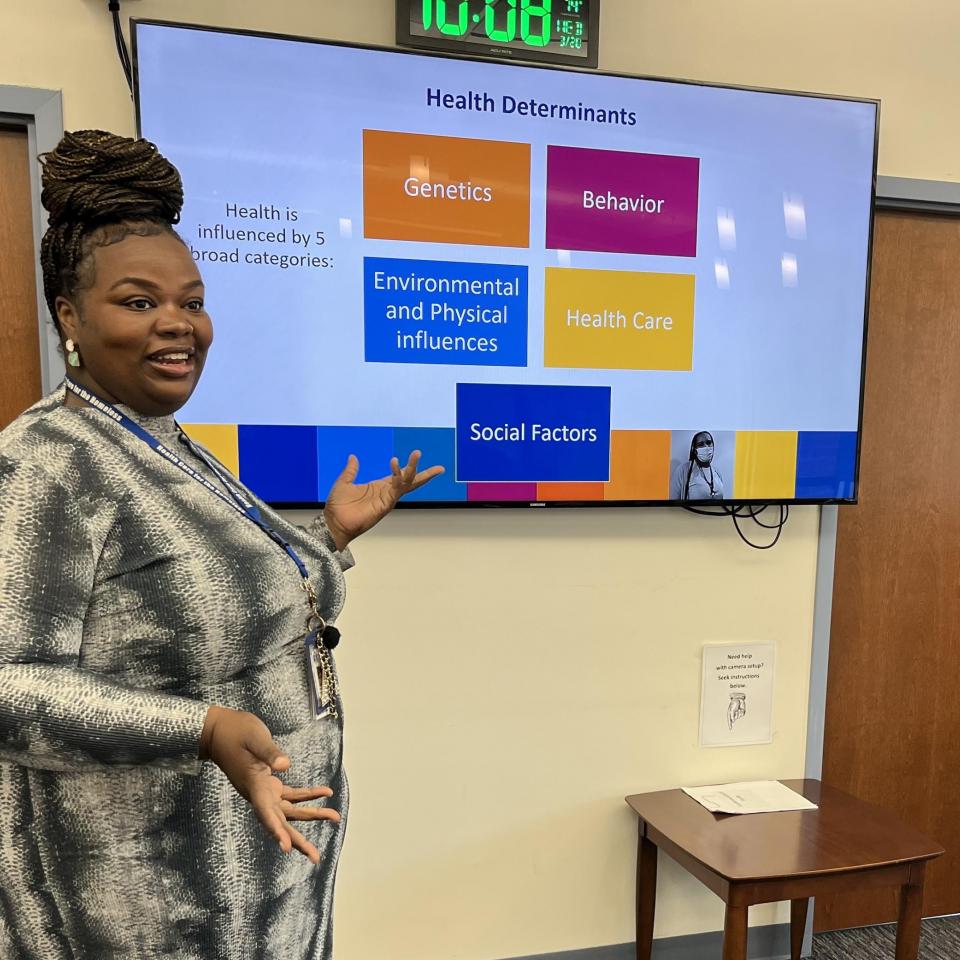Client storytelling is a staple of the nonprofit business model, ever present in advocacy, clinic tours, fundraising—and news articles like the one you are reading right now.


10.26.20
Musician, writer and poet Ryan Saunders moved into his apartment in December and was looking forward to creating an in-home studio.
Though he loves to cook, Ryan has long had trouble getting fresh, healthy food. But thanks to a pilot program over the last three months, Ryan had food delivered right to his front door.
"Before I moved into my apartment, I had to rely on food stamps," Ryan says. And, without a place to store food, let alone cook a healthy meal, he relied on mostly pre-packaged foods.
Ryan’s neighborhood doesn’t have a grocery store in walking distance, making any trip a day-long ordeal. He recently lost his car and has to catch a ride or use public transportation to get from his apartment to the grocery store. If he goes alone, he can only buy what he’s able to carry.
When the pandemic started, Ryan’s long bus trip to the store became more than an inconvenience; it was a serious threat to his health. And he’s not alone.
This past summer, more than half of clients we surveyed said they hadn’t been able to access food when they needed it.
In July, our Housing Services department joined forces with the Maryland Food Bank to regularly deliver boxes of food directly to the doors of 25 clients. These no-contact deliveries made by Community Health Workers removed a lot of stress for Ryan and made some of his favorite meals even better!
"I love to cook and call up my sisters for recipes. I add vegetables I get from the boxes to make roasted chicken, rice and gravy. This reminds me that people care enough to help someone like me. That really means a lot," he says.
Stay tuned for more on food insecurity during upcoming Community of Practice conversations.
More Recent News
The Trans Rights Advocacy Coalition (TRAC) has been the driving force in championing trans rights policy changes in Maryland. Due to stigma and structural discrimination, transgender people—particularly transgender people of color—experience high rates of homelessness. Following the implementation of the Trans Health Equity Act in January, we talked with TRAC leadership about their work and community.
Since starting in January 2022, REI Health Specialist Arie Hayre-Somuah, LMSW, MPH has worked with our clinical teams to identify health disparities and move us closer to health equity. This year, she is turning her focus to the topic of health literacy.
We are delighted to announce the promotion of Hanna Mast from Senior Communications Manager to Director of Communications. Get to know more about her work in the Q&A below!


